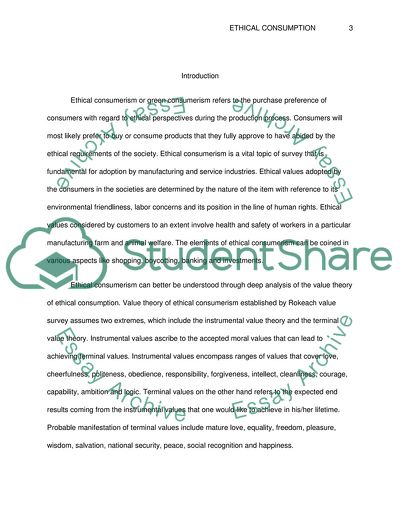Cite this document
(Longitudinal Theory of Value in Ethical Consumption Assignment, n.d.)
Longitudinal Theory of Value in Ethical Consumption Assignment. Retrieved from https://studentshare.org/marketing/1759035-ethical-consumer-marketing
Longitudinal Theory of Value in Ethical Consumption Assignment. Retrieved from https://studentshare.org/marketing/1759035-ethical-consumer-marketing
(Longitudinal Theory of Value in Ethical Consumption Assignment)
Longitudinal Theory of Value in Ethical Consumption Assignment. https://studentshare.org/marketing/1759035-ethical-consumer-marketing.
Longitudinal Theory of Value in Ethical Consumption Assignment. https://studentshare.org/marketing/1759035-ethical-consumer-marketing.
“Longitudinal Theory of Value in Ethical Consumption Assignment”, n.d. https://studentshare.org/marketing/1759035-ethical-consumer-marketing.


